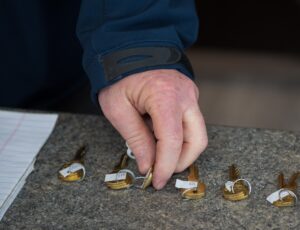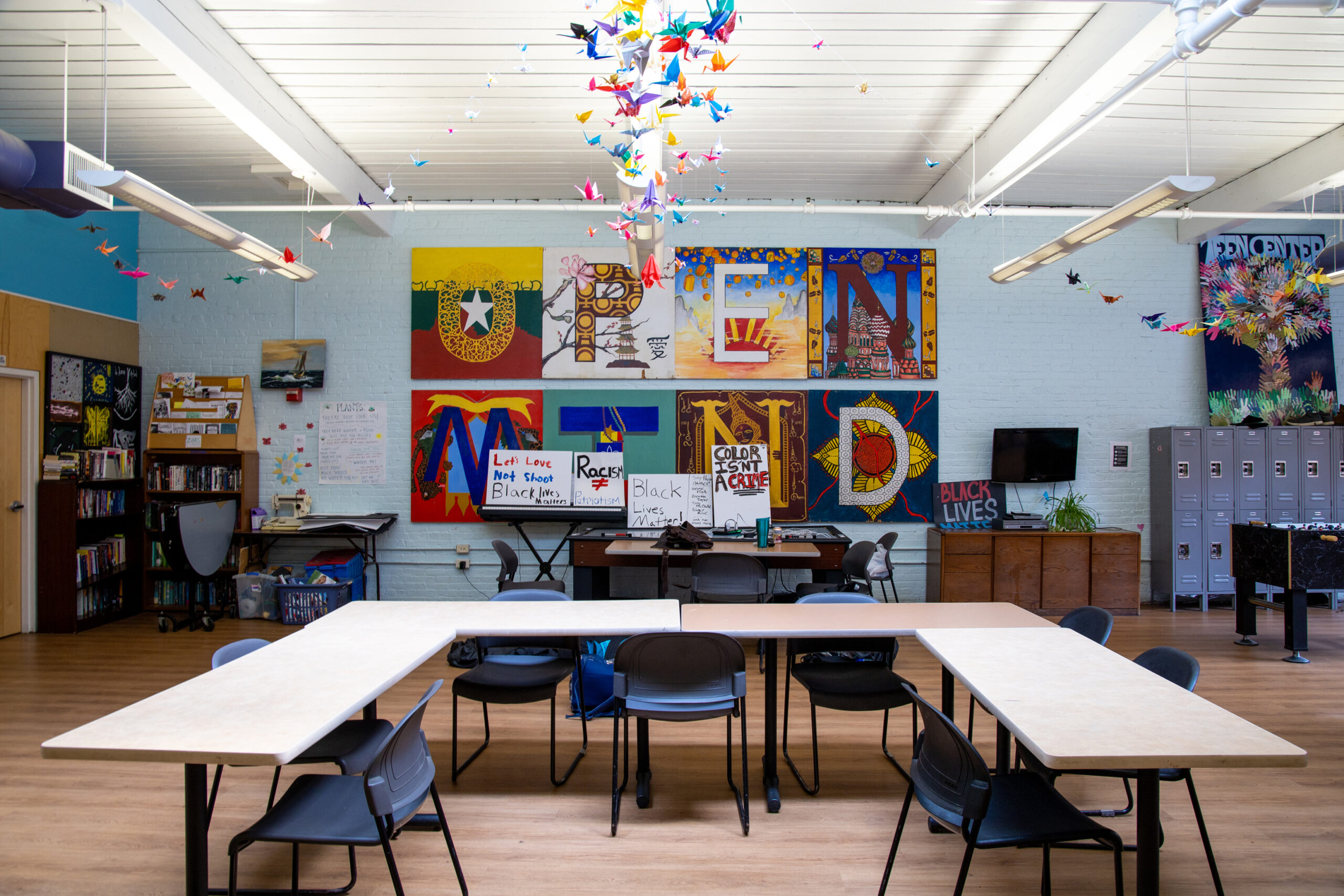According to the Maine Housing Authority, on a given night in Maine, roughly ~4,250 people are experiencing homelessness. Of those people, 55% are part of households with at least one child. While not always as visible, clearly homelessness and housing instability is a problem experienced by youth, teens, and children. It should not be a barrier to education.
The McKinney-Vento Homeless Assistance Act is a federal law, first established in 1987, that, among many things, provides funding to school districts for the express purpose of guaranteeing a free and public education to students, experiencing homelessness or housing instability. All Maine school districts have a McKinney-Vento liaison tasked with identifying and supporting students who are eligible.
Click here for more info from the MHA on PIT data collected in 2023: 2023 PIT.
Historically, McKinney-Vento funds were reserved for needs and services directly related to school and public education (school supplies, transportation, etc.); however, with the launch of a new pilot program, through the U.S. Department of Education, school districts can use their funds to assist eligible students with housing-related needs. “If a family is facing eviction because they’re behind on rent payments, the school could pay the landlord directly,” says Celine Guedj , McKinney Vento Outreach Specialist at Preble Street. School districts even have some latitude in how they can spend funding to provide stability for students. “School districts can pay for things like heating, electricity, or water if they’re going to be shut off. Home repairs are eligible, like mold or pest extermination. They’ll even go as far as to pay for home renovations if a family doesn’t have a working kitchen,” says Celine. The funds can also be used towards security deposit payments as a preventative measure to keep students from experiencing homelessness.
“School districts can pay for things like heating, electricity, or water if they’re going to be shut off. Home repairs are eligible, like mold or pest extermination."
Celine Guedj, McKinney Vento Outreach Specialist
Celine previously worked as a youth caseworker, with Preble Street Teen Services, and has experience directly supporting students and unaccompanied homeless youth, making her uniquely qualified for the Outreach Specialist role: “Coming from being a caseworker at shelter, I understand intimately what unaccompanied homelessness looks like. A lot of the questions I get from liaisons, ‘Can a minor apply for Maine care?’ ‘How do we go about getting SNAP?’, I know how to help.” Celine is well acquainted with the challenges many homeless youth deal with daily and how schools, families, and organizations, like Preble Street, can mobilize and work together to support them. “I’ve seen how hard it is to sleep in communal dormitories and then have to wake up and go to school or not be able to sleep in at all on the weekends. It can even be challenging to just find a quiet place to do homework some days,” shares Celine.

Celine (left) pictured at the Teen Center on Halloween.
Want to support Celine and Teen Services?
In her role now as the Outreach Specialist, Celine works with the school district liaisons to support their work, facilitating conversations between school districts, families, and ensuring students’ needs and rights are front of mind for all. Celine conducts various trainings, with community and partner organizations, to educate them on the work of McKinney-Vento. “Ideally, a school would be identifying every McKinney-Vento eligible student. To do that, we ought to make sure that everybody in the
community who interfaces with young people knows about McKinney-Vento, the work, and the eligibility requirements,” she says. Overall, her role consists largely of community support and outreach, connecting the school district liaisons to the right resources and educating the community members to facilitate the distribution of resources.
The pilot program will allow for up to $750 in
housing expenditures per eligible student, meaning a family with three eligible children can receive $2,250. Though this pilot program is still in its initial phases, Celine has already seen signs of success and the concrete impact it has made on people’s lives: “I’ve heard of people putting down security deposits and moving into permanent housing. We’ve heard of evictions being delayed. A lot of CMP (Central Maine Power) bills have been paid.”
Every Maine school district has a McKinney-Vento liaison. To find yours, click the link below to Maine.gov. To learn more about McKinney-Vento and who and what expenses qualify, follow the link to Maine DOE.

Landlords can help end homelessness in Maine
With emergency shelters closing or at full capacity throughout the state, we must do all we can as a community to ensure individuals and families experiencing homelessness return to housing quickly and do not become homeless again. Through casework and financial assistance, Preble Street’s Rapid Re-Housing, Teen Housing, and Veterans Housing programs are working to

With a little help from our friends
The work we do to empower people experiencing homelessness, hunger, and poverty is never done alone. We are continuously making connections with other social service providers and nonprofits to better serve clients and the needs of the community. From our decades-long collaboration with Avesta Housing for our housing programs to our new partnership with Maine

November is Youth Homelessness Awareness Month
“Preble Street is family to me. I don’t have family, and if I didn’t have them, where would I be?” – Teen Services Youth According to the latest data, over 30% of the people experiencing homelessness in Maine were under the age of 24. Young people in Maine experience homelessness for many different reasons… some are victims

